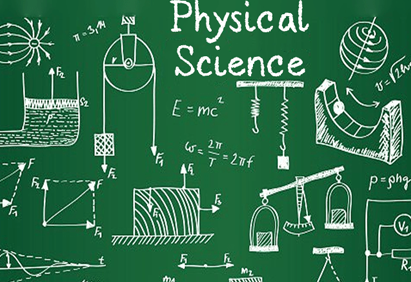COURSE OBJECTIVES
Focus on teaching Physics and Chemistry at the school level.
Unit-I: AIMS AND OBJECTIVES OF TEACHING PHYSICAL SCIENCE
Physical Science: Meaning, Nature, Scope, Need and Significance of teaching Physical Science. Values, Aims and Objectives of teaching Physical Science in schools. Instructional objectives and Behavioural Objectives of Physical Science – Need and Importance of Instructional Objectives. Bloom’s Taxonomy of Instructional Objectives: Cognitive, Affective and Psychomotor Domains, Revised Bloom’s Taxonomy 2001 (Anderson & Krathwohl).
Unit-II: TEACHING SKILLS
Micro-Teaching: Concept, Definition, Steps, Cycle. Skills: Skill of Set Induction, Skill of Explaining, Skill of Questioning, Skill of Stimulus Variation, Skill of Reinforcement, Skill of Closure. Link Lesson – Model Episode.
Unit-III: APPROACHES OF TEACHING
Approaches of Lesson Planning – Steps – Organizing Teaching: Memory Level (Herbartian Model), Understanding Level (Morrison Teaching Model), Reflective Level (Bigge and Hunt Teaching Model). Unit Plan – Lesson Plan Writing.
Unit-IV: METHODS OF TEACHING
Teacher Centered Instruction: Lecture Method, Demonstration and Team Teaching. Learner Centered Instruction: Self-Learning – Forms of Self-Learning: Programmed Instruction, Investigatory Approach, Collaborative Learning, Experimental Learning, Computer Assisted Instruction, Keller Plan, Project Method, Activity Based Learning (ABL), Active Learning Method (ALM), Advanced Active Learning Method (AALM), Concept Map.
Unit-V: INSTRUCTIONAL MEDIA
Classification of Instructional Media in Physical Science – Use of Mass Media in Classroom Instruction. New Emerging Media: Tele-Conferencing, Communication Satellites, Computer Networking, Word Processors, Blended Learning, Flipped Classroom, Artificial Intelligence, and Augmented Reality.
CURRICULUM INCLUDES
- Principles of physics and chemistry.
- Lab experiments and science projects.
- Teaching aids and models for science.
- Science pedagogy.
- Safety in science labs.

